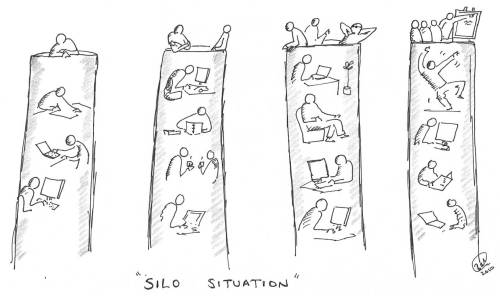
Happy July, true believers! As promised nine days ago, the shiny new Teaching Prof in Progress Book Club is launching an inaugural Summer Read virtual book discussion. And everyone who teaches (or cares about teaching and teachers) in higher education is invited… So let’s get this party started!

I promise that guy will not be there.
Our first Summer Read will be a discussion of Maggie Berg and Barbara Seeber’s The Slow Professor: Challenging the Culture of Speed in the Academy (2016, University of Toronto Press) on the Goodreads social media site. And getting involved is super easy:
- To join the TPP Book Club, click here.
- To join the Summer Read 2016 event,click here.
- For additional background on the book and critical reactions to it, check out my last blog post here.
Participation will also be easy. I will post discussion questions on the Book Club’s page, and we’re off! You can respond, post your own discussion questions, and engage one another throughout the month of July until August 8 as your summer schedule allows — flexibly, on your own time.
To give you a teaser of what we’ll discuss, here are the questions for the Introduction to the book — a tad provocative, if I do say so myself? [And sorry, but no page numbers for the quotations… I’m reading the Kindle edition.]
(1) The Introduction points out the familiar 1-2 punch that motivated the authors to write the book:
- “Flexibility of hours can translate into working all the time, particularly because academic work by its very nature is never done.”
- “When we look at studies of academic stress, we are struck by how many situations identified as sources of work stress are about lack of time.”
Let’s start the conversation by addressing the elephant in the room: is this problem, ultimately, unfixable? What have been your experiences with this dilemma? Thoughts?
(2) At one point the authors observe, regarding policy change at our institutions,
- “A surprising common thread in studies of the corporate university is an emphasis on change being in the hands of individual professors.”
Potentially empowering, sure, but adding to our stress? What kinds of related observations and/or experiences have you had? Thoughts?
(3) What else struck you as important in the Introduction? Observations? Questions for the group?
Intrigued???? Hope so! Come join the club, tell your friends, colleagues and grad students about it (and the TPP blog, and the Facebook and Twitter platforms), and let’s meet in the salon!

